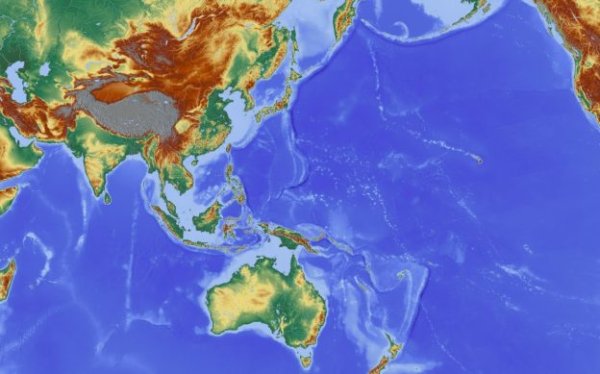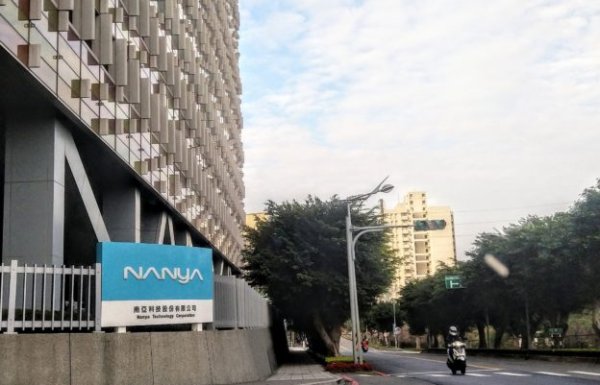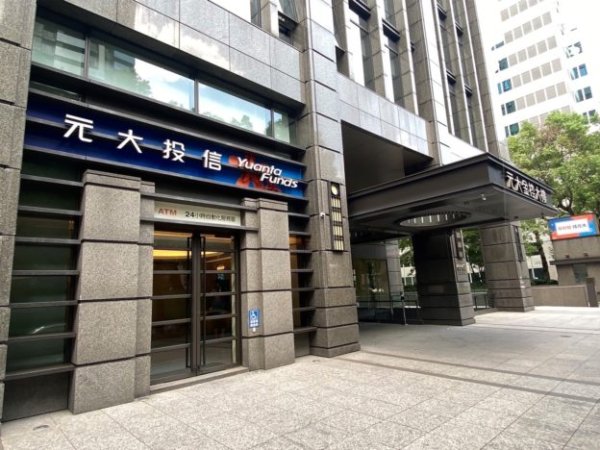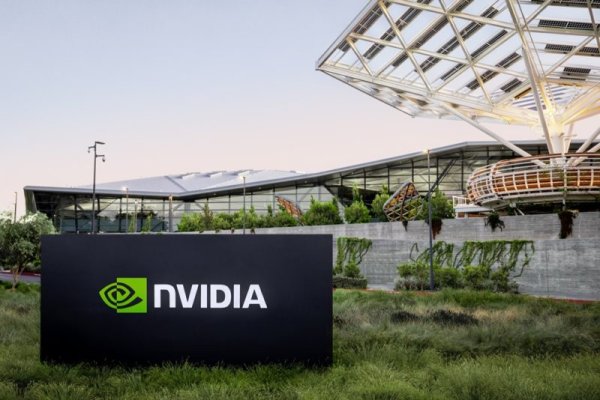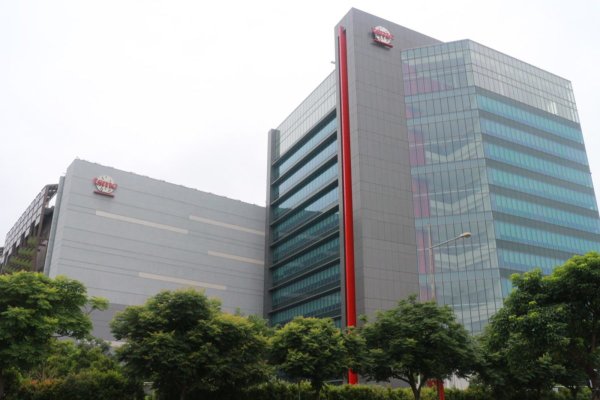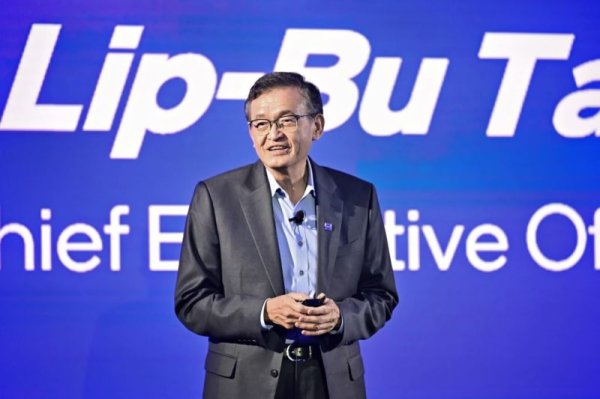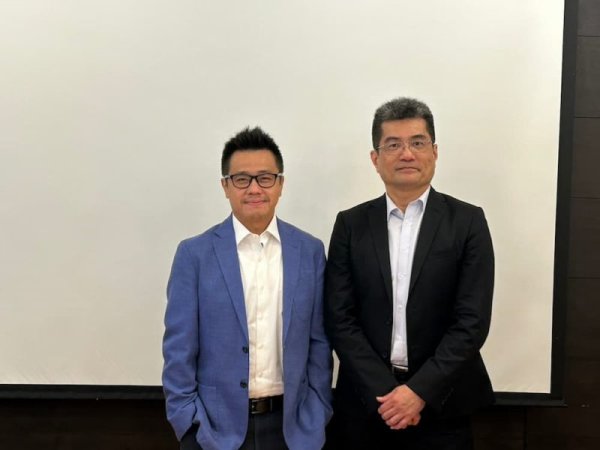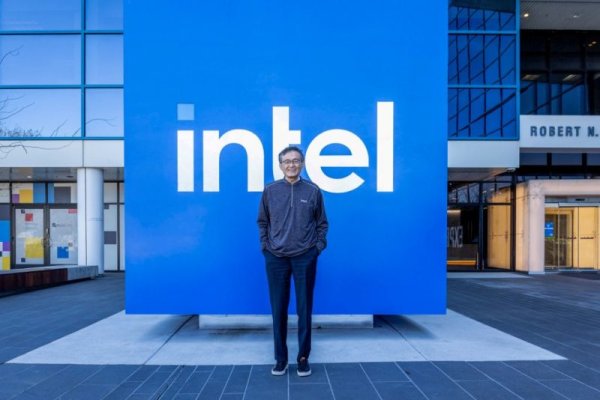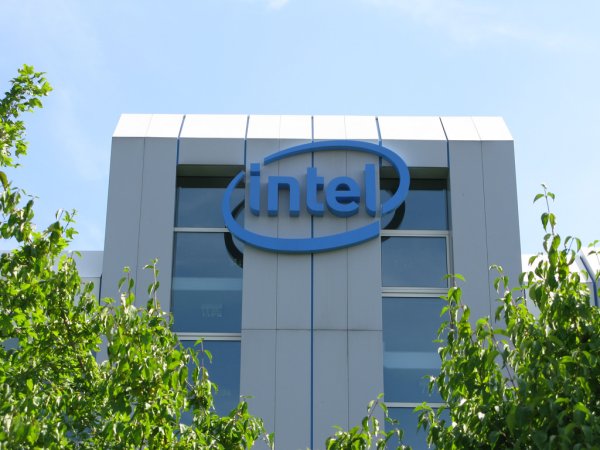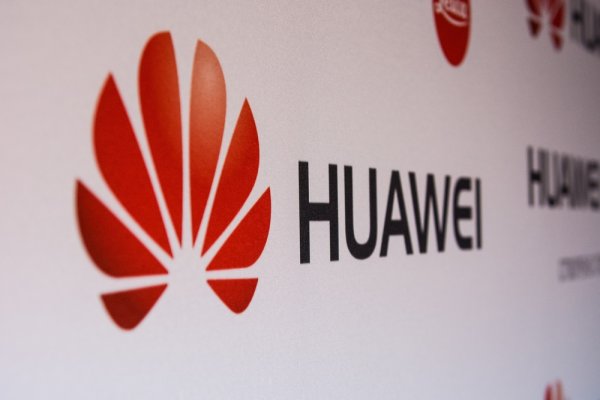Trump s new AI policy has hindered Asia. Are Japanese companies winning or under pressure?
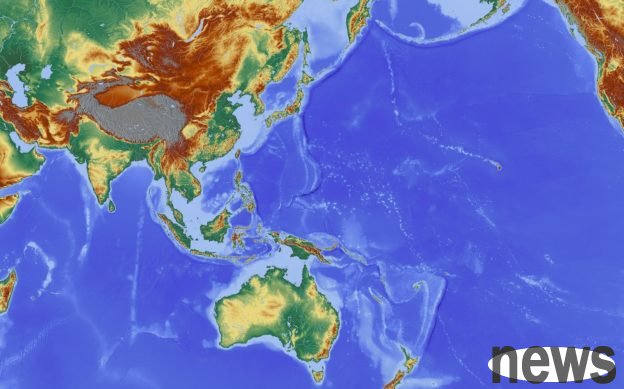
President Trump recently officially released the American AI Action Plan, announcing that it will relax the supervision restrictions in the AI and semiconductor fields, encourage local technology exports, and build a global AI alliance to fight against China's technological rise.
Although this policy is mainly based on the U.S.-China competition, it has a direct and profound impact on Japanese industry. The US promotes the rapid construction of data centers and large-scale applications of high-level chips, which must expand the demand for Japanese semiconductor materials and process equipment. Japanese companies such as Tokyo Vili Technology, SCREEN, Shintsu Chemical and JSR have the opportunity to further become the core of the US AI industry chain.
In addition, Japan also has strong features in the storage chip and memory module fields. For example, the common layout of Kioxia and Micron Island factories is expected to benefit from the promotion of AI servers' demand for high-performance storage. If the United States expands server and edge computing equipment to accelerate AI model training and reasoning environments, Japan's suppliers of heat dissipation modules, advanced packaging materials and high-frequency connecting components will also usher in a wave of technological export craze. In short, the US policy will release significant red news signals to Japan's technology supply chain in the short term.
Value view and technical routes are determined, Japan must be cautious in responding to ground-based technology risksAlthough the above-mentioned positives are eye-catching, the Trump administration's AI policy also brings a change that cannot be ignored: comprehensively politicizing technological development and ideology. It has been mentioned many times in the document that AI must reflect the value view of the United States, oppose "woke AI", reject the diversified and equal rights awareness, and Trump believes that it cannot allow China to continue to use copyright data to train AI models without restrictions. It can be seen that this is not only a technical competition, but also a competition between a system and a value system.
For Japan, which discusses the balance between practical and multi-sided, this will be a difficult problem in strategic choices. If you fully comply with the US regulations, or restrict the cooperation space with the Chinese market, including AI model research and development, software authorization and chip sales, they may be subject to regulations under the leadership of the United States. However, if you deliberately keep a distance, you may expel the US leadership system in supply chain policies and technical standards, causing Japanese companies to lose their vocabulary rights in the global AI market. Therefore, in the future, Japan needs to establish a highly flexible adaptation strategy in three aspects: diplomacy, industry policy and technical standards. It is necessary to ensure the deepening of US-Japan cooperation, but also to retain strategic channels with China and other Asian countries.
Is Japan ready to take the initiative to attack the Latin American League to establish an AI alliance?Another major feature of Trump's new AI policy is to emphasize the establishment of an AI international alliance centered on American technology. For Japan, this is not only a strategic opportunity, but also a major test of role positioning. Over the years, Japan has mostly participated in global ICT industries as a supply chain partner and a technical support country. However, in the face of the United States' desire to export AI architecture to an international standard, is Japan capable of taking on the role of "co-leader"? Or continue to stay in the supporting role?
If Japan can propose a proactive solution in the direction of generative AI applications and AI semiconductor system design, it will have the opportunity to jointly formulate rules with the United States. For example, Japan's highly developed LLM (large language model) developers such as NTT Data and Preferred Networks, if they can use the opportunity to expand cooperation with the United States and propose independence and differences in model training and application development, it will be expected to expand Japan's voice and right to establish global AI standard construction.
But at the same time, it also raises higher challenges to the government, and must speed up its pace in terms of technical research and development assistance, data release policies, and industrial cooperation models. Otherwise, even if Trump's policy is profitable, Japanese companies will find it difficult to master the double result of export power and rules.
Smooth or pressure resistance? Japanese industry needs to reposition AI strategy roleTrump's new AI policy will undoubtedly launch the next reorganization of the global technology supply chain. As the credible technical ally of the United States, Japan is naturally among the first wave of beneficiaries. However, the current problem is not whether Japan can take the train, but that in today's current situation of increasing U.S.-China competition and increasingly serious technological politicization, Japanese industry and policy makers should transform from passive supply chain supporters to strategically think participants.
If we can properly balance the cooperation with the United States, maintain market flexibility for China, and create independent AI industries and standards, Japan will not only gain technological red profits in the short term, but it is more likely to truly play the role of a core partner in global innovation in the AI era. In the next five years, it will be the key period for reshaping and repositioning of Japanese industry strategies. The profits are expected at the moment, but how to take the next step is worthy of high attention from all walks of life.
What does Trump’s AI action plan means for Asia? Extended reading: Nuclear fusion is not a dream: Japan and the UK work together to create a new energy industry ecological circle Japan makes iron to buy American steel, but the United States requires control! New Problems in the Globalization of Japanese Enterprises The era of high prices is coming, how does Japanese semiconductor industry respond to challenges in the inflation era? Global economic risks are changing, Japan's energy strategy station is on the way to a transitional crossroad How will foreign capital activity affect the culture of Japan's capital market? Discussion on the system of Japanese and English exposing the two languages

